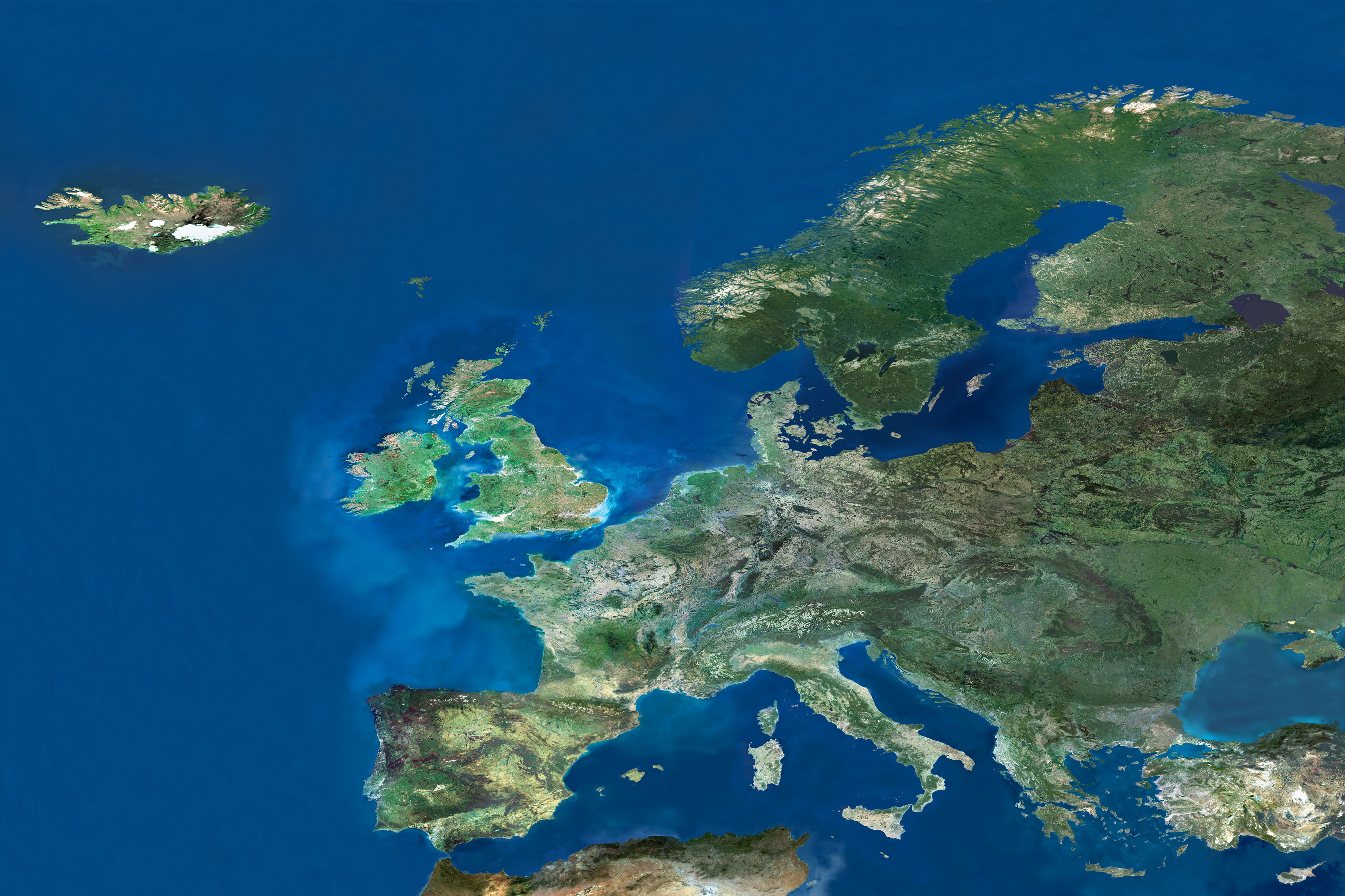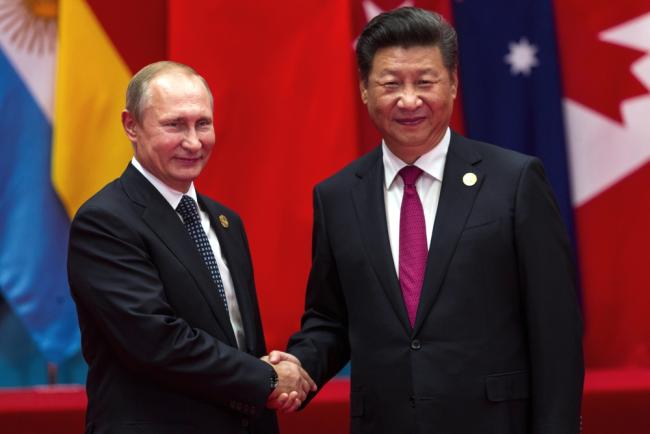Launcher policy in Europe: from symbol to the market?

Launcher policy will be one of the major issues discussed at the upcoming ESA Council at Ministerial Level. Europe is at the crossroads, as it needs to find the adequate balance between political necessities (ensuring an autonomous access to space) and economic realities (reducing costs).
Launchers constitute one of the most tangible elements of a nation’s space activities. This is particularly the case in Europe, where Ariane 5 is a strong symbol of panEuropean identification. For more than thirty years, the successes of the Ariane launcher family epitomised European achievements in space. At the same time, they are the result of technological and scientific integration processes at the European level.
Launchers are strategic enablers: more than a goal in itself, the establishment of launch capabilities is the indispensable precondition for any comprehensive space policy. Thus, access to space has a dual dimension: it is a strategic necessity, as it enables independent decision-making based on space data, but it is also a service of general interest, as it allows the deployment of space applications providing wide socio-economic benefits.
Launcher policies mirror all the major features of the European Space Policy (ESP), as they deal with political, industrial, strategic, symbolic, governance and economic issues. In addition, the launch sector is closely associated with the concept of autonomy, often presented as the main driver behind the ESP. Two conflicting positions lie at the heart of the debate. The political standpoint argues that an autonomous access to space is a strategic necessity for Europe, and that this political objective should dominate any other consideration. A second perspective rather focuses on the economics of the launch sector, putting emphasis on cost-effectiveness and on commercial logics. The major challenge for Europe is to reconcile these two positions into a coherent launcher policy.
Most of the paradoxes of Europe’s launcher policy stem from these seemingly contradictory positions. Arianespace is the leader on the commercial launch market for several years now, but it recently faced financial difficulties. Similarly, Europe is the only major spacefaring entity without a development programme for a next generation launcher as of yet. Finally, it is the only space power without a clear preference policy ordering to launch institutional payloads aboard European rockets.
In the wake of the ESA Council at Ministerial Level, which will take place in Italy next fall, launchers came back on the top of the European space policy agenda. It will be one of the major issues discussed at the Council, and the outcome of the negotiations will have an enduring effect on the future of the ESP. Indeed, Europe’s position on launchers seems to be increasingly fragile. Confronted with a growing global competition in a rapidly evolving commercial market, Europe’s political support is gradually fading away in a context of financial and economic crisis.
The European launcher strategy is burdened by structural political constraints. Due to a complex interplay between a rising EU and competing national interests, there is no consensus on a European definition of autonomous access to space (1). In addition, current discussions and future decisions on the issue are overshadowed by the crisis. This lead to a real paradigm shift in the definition of the future launcher: the focus is now put on the demand, rather than on the supply side (2). Finally, first elements of a future European launcher policy will be sketched (Conclusion).

Available in:
ISBN / ISSN
Share
Download the full analysis
This page contains only a summary of our work. If you would like to have access to all the information from our research on the subject, you can download the full version in PDF format.
Launcher policy in Europe: from symbol to the market?
Find out more
Discover all our analysesChina-Russia Cooperation in Space: The Reality behind the Speeches
China-Russia cooperation in space has been increasing for the past two decades. This cooperation accelerated after the Crimea crisis in 2014 and culminated with the announcement in 2021 of the joint construction of the International Lunar Research Station (ILRS).
Space in a Changing Environment: a European Point of View
The development of European space activities has long been pursued under the framework of the European Space Agency and other national space agencies. More recently, the emergence of the European Union as a new actor for space has paved the way for a series of initiatives and opportunities.
The Vegetation Programme
Under human pressure, many changes are taking place in the resources and the environment of Earth. An increasing global population fuels the need for food, natural resources and land. Consequently, the need for maintaining a capacity to observe and understand the Earth system and the biophysical processes has become a key element for the sustainable management of the planet’s natural resources. The SPOT-Vegetation instruments have significantly contributed to reach this goal.
Governing the Geostationary Orbit: Orbital Slots and Spectrum Use in an Era of Interference
Outer space, particularly in the telecommunication sector, is benefiting and becoming accessible to more and more actors. But with this trend comes also a reality that is every day more compelling: no meaningful development can be achieved without a clear, stable and predictable interference-free environment for the use and control of all satellites that depend upon ready access to radio frequencies and appropriate geostationary orbital slots to function properly.







